Blog
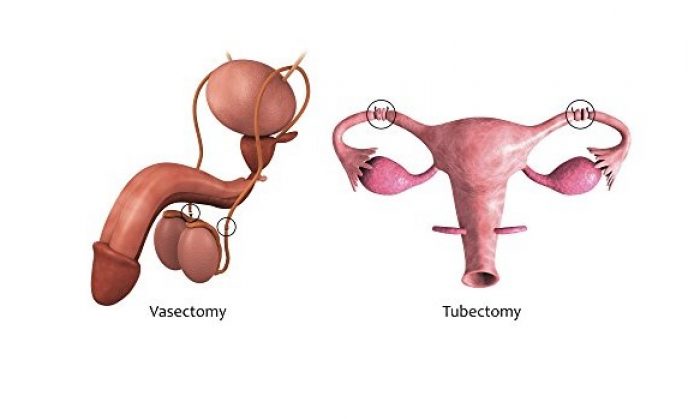
Male and Female Sterilization
Sterilization is the only permanent method of contraception for men and women. Male sterilization is done by performing a vasectomy, and female sterilization involves undergoing a tubectomy. In vasectomy, the tubes called vas deferens of the male reproductive system are cut or blocked to prevent the sperm from being carried from the testicles to the

Types of contraception
There are various things to be considered when women, men, or couples decide their preferred choice of contraception. These include effectiveness, affordability, accessibility, and safety. It is advised that when choosing an effective method of contraception, dual protection from HIV and other transmitted diseases along with unintended pregnancy should be considered. Various contraceptive methods have

Preventing unintended pregnancy
Unintended pregnancy is defined as a pregnancy that is unwanted. In simpler words, a pregnancy occurs when the couple does not want to have a child or if the pregnancy is mistimed (the pregnancy occurred earlier than desired). The prevalence of unintended pregnancy helps in understanding the unmet need for contraception. Most unintended pregnancies result

Contraception and its importance
Contraception is the term used for any method or device used to prevent unwanted and untimely pregnancy. There are various ways to prevent pregnancy, like male sterility, where the semen or the ejaculation does not contain any sperm, thus preventing the sperm from reaching the egg; using a spermicidal that kills the sperm inside the
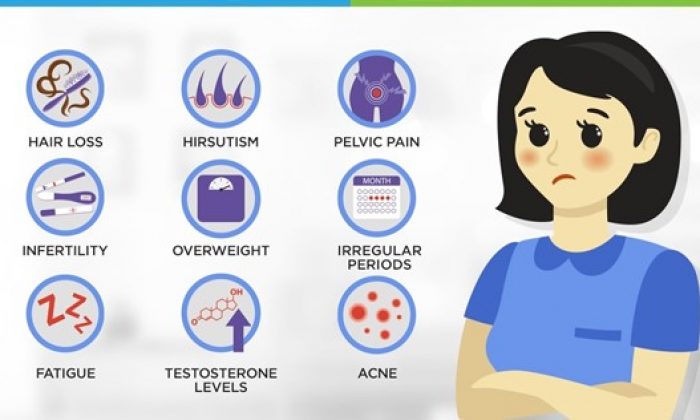
Polycystic Ovary Syndrome
What is PCOS? Polycystic Ovary Syndrome (PCOS) is a hormonal disorder found commonly among women of reproductive age. Individuals with PCOS have infrequent, irregular, or prolonged menstrual periods. They also have higher-than-normal levels of the male hormone androgens. Excess of androgens disrupt the normal menstrual cycle and cause irregular periods. Some individuals also have multiple
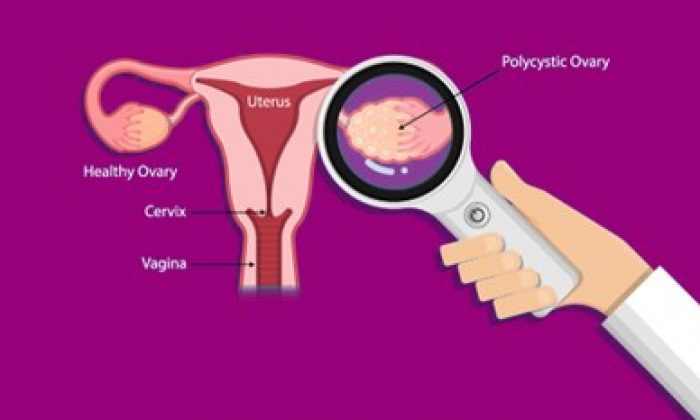
PCOS – Diagnosis and Treatment
Diagnosis There is no definitive test or gold standard to diagnose PCOS. Typically, women are diagnosed with PCOS when they have at least two of the three symptoms listed below: High levels of the male hormone, androgens Irregular periods Multiple cysts in the ovaries Generally, the doctor starts with a discussion about the medical story,
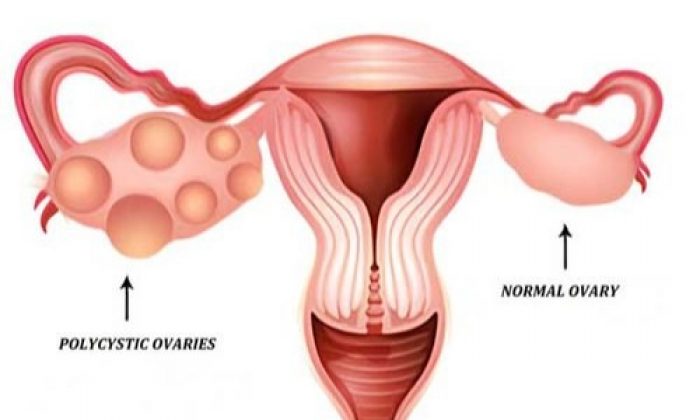
PCOS – Causes and Possible Complications
Causes The exact cause of PCOS is not known. There are various factors that are believed to contribute to the symptoms – Insulin resistance – Insulin is a hormone secreted by the pancreas that regulates the blood sugar level and allows the cells to use it. When there is resistance by the cells to insulin,
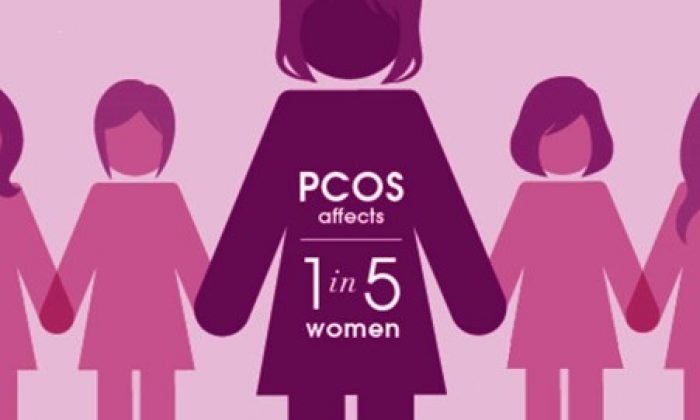
Management of PCOS
How to manage PCOS? Managing PCOS starts with correctly diagnosing it. Since there is no conclusive test that confirms the diagnosis, many women learn about their PCOS only when they try to get pregnant but cannot. Both these causes make the diagnosis of PCOS difficult. After being diagnosed, one should always consult a doctor about

General Things to Keep in Mind about Menstrual Disorders
Menstrual cycle is a natural phenomenon and part of regular life for women of reproductive age. A little pain or discomfort is expected. It is not considered a menstrual disorder as long as it is tolerable and does not interfere with an individual’s daily lifestyle. Anything that feels out-of-ordinary or not normal during menstruation should

PMS/PMDD
Menstruation is the bleeding phase of the menstrual cycle. The first day of menstruation is counted as day one of the menstrual cycle that usually lasts for 28 days. Normal menstruation differs for different individuals. While some individuals have fairly easy menstrual periods, others have severely debilitating ones that require them to take time off



